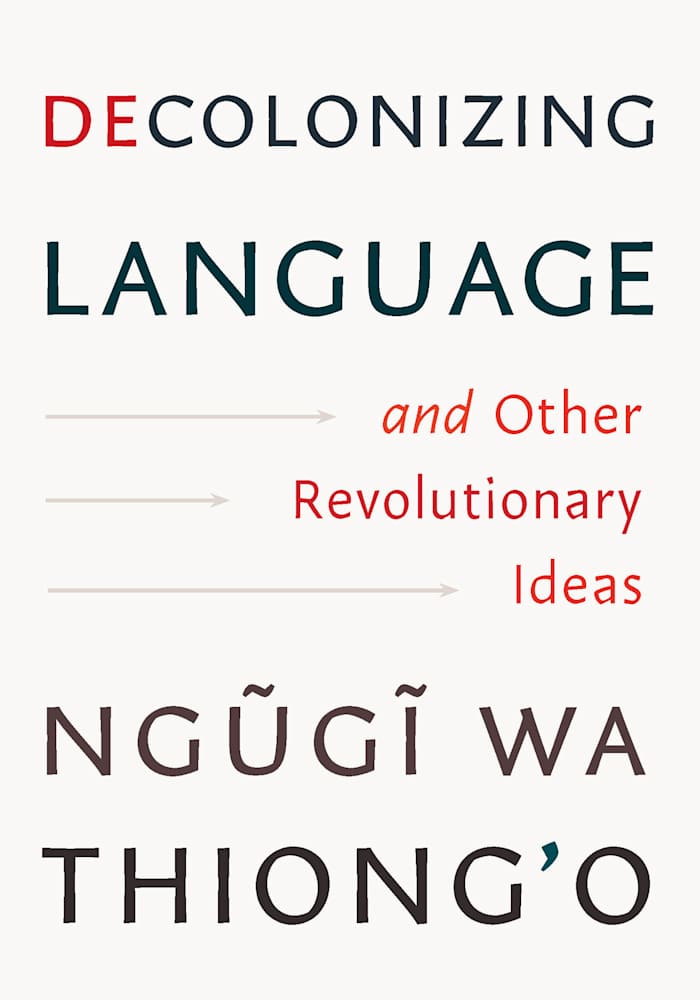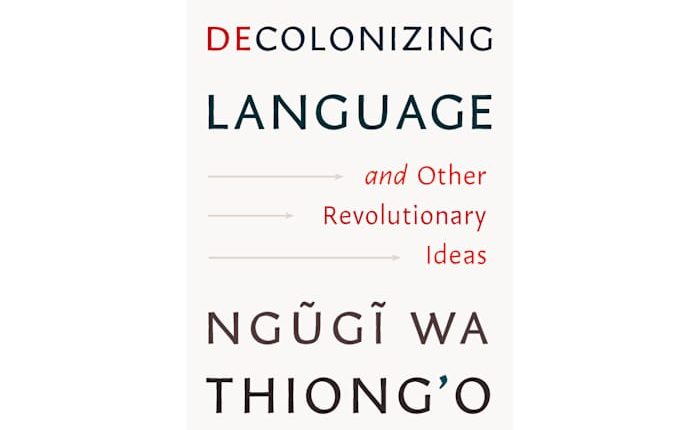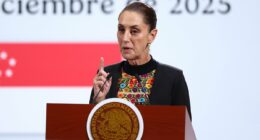Share this @internewscast.com

NEW YORK – At age 87, Kenyan author Ngũgĩ wa Thiong’o hopes he can summon the strength for at least one more book.
He would refer to it as “Normalized Abnormality,” addressing the enduring effects of colonialism in regions such as Africa, Europe, or North America, which many people currently take for granted.
“I will write it if I have the energy,” Ngũgĩ, who has struggled with kidney problems in recent years, said during a telephone interview.
Ngũgĩ, one of the globe’s most esteemed writers and a frequent contender for the Nobel Prize, continues to be a lively speaker with opinions as strong as ever over the past six decades. As a prominent figure of post-colonial Africa, he has consistently advocated for Africans to reclaim their language and heritage while criticizing the authoritarianism of Kenyan leaders. His most notable works include the nonfiction “Decolonizing the Mind” and the novel “Devil on the Cross,” among several books crafted in his native Gikũyũ.
Ngũgĩ has garnered acclaim from critics and authors around the world but has also faced imprisonment, physical abuse, bans, and other threats in his homeland. Since the 1970s, he has primarily resided abroad, having moved to England before ultimately making California his home. He is now a Distinguished Professor of English and Comparative Literature at the University of California, Irvine.
“I miss Kenya, because they gave me everything,” he says. “All of my writings are based in Kenya. … I owe my writing to Kenya. It’s very hard for me not to be able to return to my homeland.”
Ngũgĩ has published a handful of books over the past decade, including the novel “The Perfect Nine” and the prison memoir “Wrestling with the Devil,” and was otherwise in the news in 2022 when his son, Mũkoma wa Ngũgĩ, alleged that he had physically abused his first wife, Nyambura, who died in 1996 (“I can say categorically it’s not true,” Ngũgĩ wa Thiong’o responds).
His U.S. publisher, The New Press, has just released “Decolonizing Language,” which the author praises as a “beautiful” title. “Decolonizing Language” includes essays and poems written between 2000 and 2019, with subjects ranging from language and education to such friends and heroes as Nelson Mandela, Nadine Gordimer and Chinua Achebe, the Nigerian author whose 1958 novel, “Things Fall Apart,” is considered by many the starting point for modern African literature. Achebe also helped launch Ngũgĩ’s career by showing a manuscript of an early novel, “Weep Not, Child,” to publisher William Heinemann, who featured it in the landmark African Writers series.
In one essay from “Decolonizing Language,” Ngũgĩ declares that writers must “be the voice of the voiceless. They have to give voice to silence, especially the silence imposed on a people by an oppressive state.” During his AP interview, Ngũgĩ discussed his concerns about Kenya, the “empowerment” of knowing your native language, his literary influences and his mixed feelings about the United States. Ngũgĩ’s comments on subjects have been condensed for clarity and brevity.
On language in Kenya
“In Kenya, even today, we have children and their parents who cannot speak their mother tongues, or the parents know their mother tongues and don’t want their children to know their mother tongue. They are very happy when they speak English and even happier when their children don’t know their mother tongue. That’s why I call it mental colonization.”
On speaking English
“I am fine (with speaking English). After all, I am a distinguished professor of English and comparative literature at the University of California, in Irvine. So it’s not that I mind English, but I don’t want it to be my primary language, OK? This is how I put it: For me, and for everybody, if you know all the languages of the world, and you don’t know your mother tongue, that’s enslavement, mental enslavement. But if you know your mother tongue, and add other languages, that is empowerment.”
His personal favorites
“I very much like the African American writers. I discovered them at Makerere University (in Uganda), and Caribbean writers like George Lamming were very important to me. The writers of the Harlem Renaissance fired my imagination and made me feel I could be a writer, too. … At the Makerere conference (the African Writers Conference, in 1962), I met with Langston Hughes, and oh my God it was so great!. Langston Hughes of the Harlem Renaissance! To shake hands with a world famous writer was very very important to me.”
Mixed feelings about the United States
“On the one hand, I am grateful to be here and to have a job at a California university, as a distinguished professor. I appreciate that. But I was coming from a country which was a white seller colony, and I can’t forget that when I’m here. People don’t even talk about it here. They talk about it as if it were normal. So we talk about the American Revolution. But is it not Native Americans who were colonized? So I am very fascinated by this normalized abnormality.”
Copyright 2025 The Associated Press. All rights reserved. This material may not be published, broadcast, rewritten or redistributed without permission.










